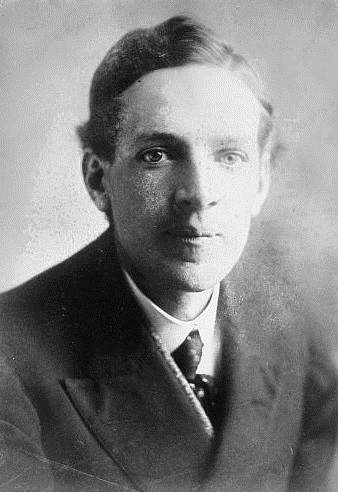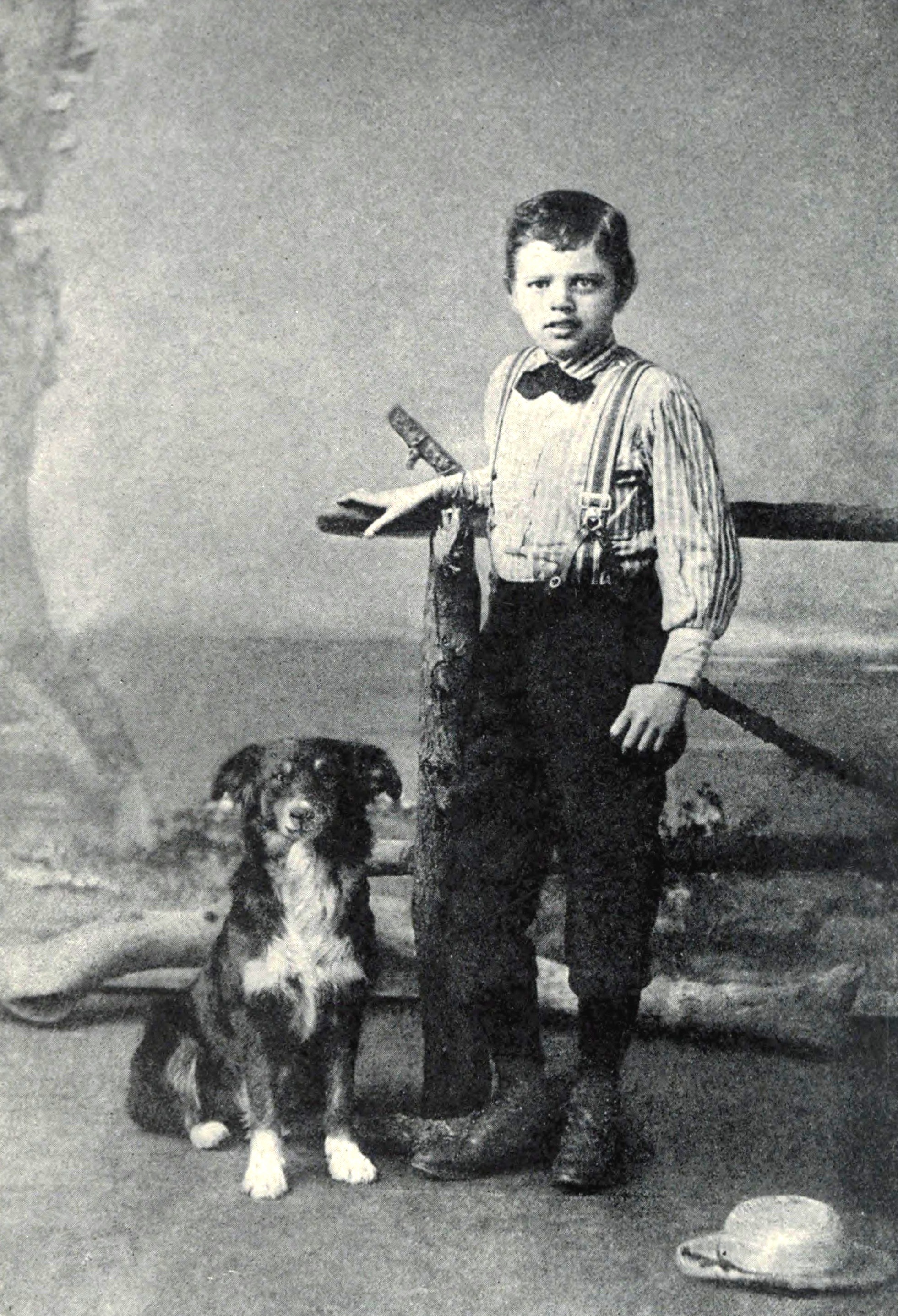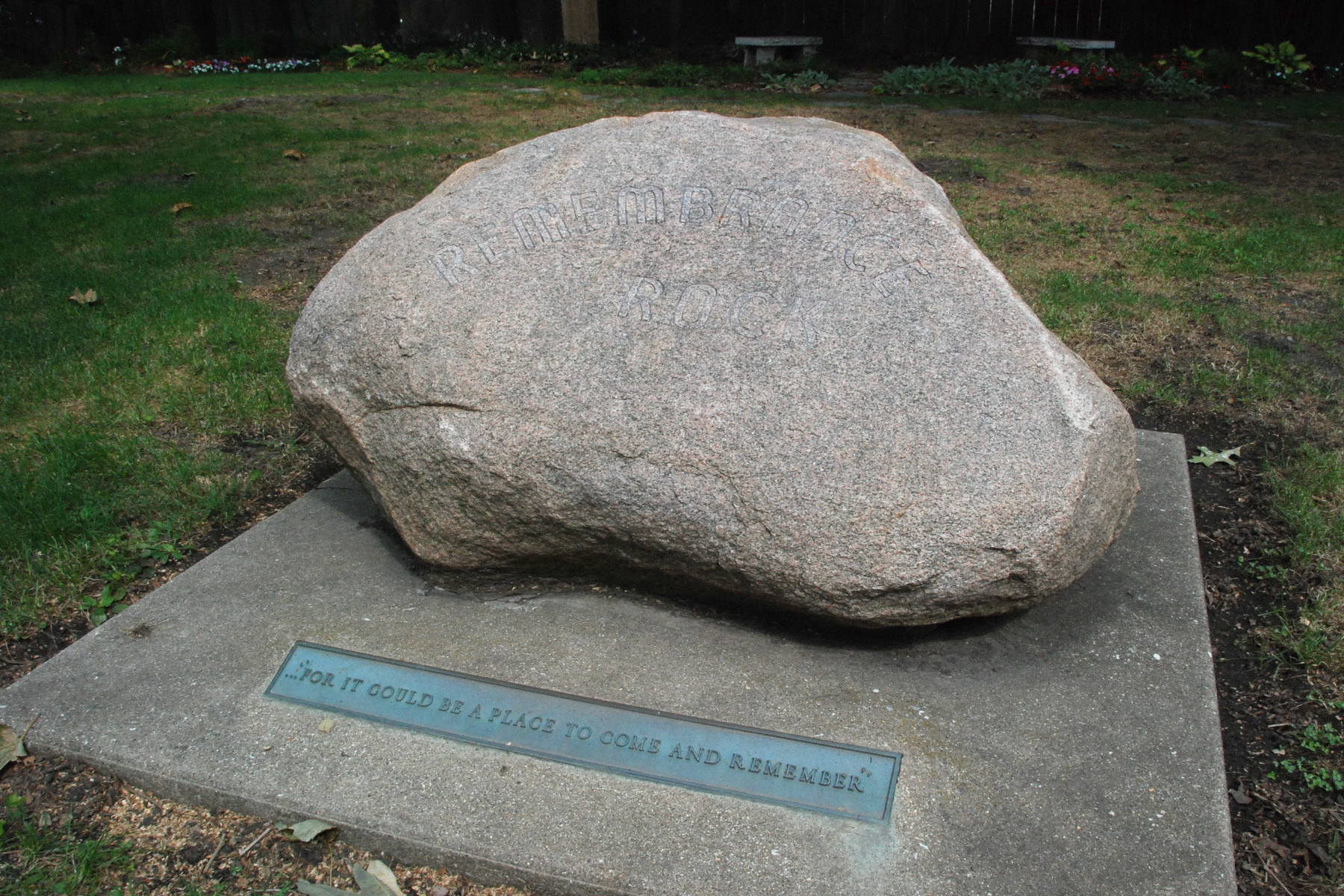|
The Long Loneliness
''The Long Loneliness'' is the autobiography of Dorothy Day, published in 1952 by Harper & Brothers. In the book, Day chronicles her involvement in socialist groups along with her eventual conversion to Catholicism in 1927, and the beginning of her newspaper the ''Catholic Worker'' in 1933. It has been characterized as "a remarkably candid account, without piety, of her journey to faith". A 1952 review in ''The New York Times'' focused on her interactions with communism and her journey away from it while staying true to her radical roots: "This book will not shock anybody. It may touch many, whatever their secular or religious faith, who lament the kindliness and sympathy that Communists found among certain left-wing groups -- and betrayed." List of people and publications The following is a list of prayers, people, and publications mentioned in the book until the end of the chapter "The Masses": Prayers * Confiteor * Benedicite * Te Deum People * Augustine of Hippo (St. A ... [...More Info...] [...Related Items...] OR: [Wikipedia] [Google] [Baidu] |
Virgil
Publius Vergilius Maro (; traditional dates 15 October 7021 September 19 BC), usually called Virgil or Vergil ( ) in English, was an ancient Roman poet of the Augustan period. He composed three of the most famous poems in Latin literature: the ''Eclogues'' (or ''Bucolics''), the ''Georgics'', and the epic ''Aeneid''. A number of minor poems, collected in the ''Appendix Vergiliana'', were attributed to him in ancient times, but modern scholars consider his authorship of these poems as dubious. Virgil's work has had wide and deep influence on Western literature, most notably Dante's ''Divine Comedy'', in which Virgil appears as the author's guide through Hell and Purgatory. Virgil has been traditionally ranked as one of Rome's greatest poets. His ''Aeneid'' is also considered a national epic of ancient Rome, a title held since composition. Life and works Birth and biographical tradition Virgil's biographical tradition is thought to depend on a lost biography by the Roman ... [...More Info...] [...Related Items...] OR: [Wikipedia] [Google] [Baidu] |
Leo Tolstoy
Count Lev Nikolayevich TolstoyTolstoy pronounced his first name as , which corresponds to the romanization ''Lyov''. () (; russian: link=no, Лев Николаевич Толстой,In Tolstoy's day, his name was written as in pre-reformed Russian. ; ), usually referred to in English as Leo Tolstoy, was a Russian writer who is regarded as one of the greatest authors of all time. He received nominations for the Nobel Prize in Literature every year from 1902 to 1906 and for the Nobel Peace Prize in 1901, 1902, and 1909; the fact that he never won is a major controversy. Born to an aristocratic Russian family in 1828, Tolstoy's notable works include the novels ''War and Peace'' (1869) and ''Anna Karenina'' (1878), often cited as pinnacles of realist fiction. He first achieved literary acclaim in his twenties with his semi-autobiographical trilogy, ''Childhood'', '' Boyhood'', and ''Youth'' (1852–1856), and '' Sevastopol Sketches'' (1855), based upon his experiences in ... [...More Info...] [...Related Items...] OR: [Wikipedia] [Google] [Baidu] |
Maxim Gorky
Alexei Maximovich Peshkov (russian: link=no, Алексе́й Макси́мович Пешко́в; – 18 June 1936), popularly known as Maxim Gorky (russian: Макси́м Го́рький, link=no), was a Russian writer and socialist political thinker and proponent. He was nominated five times for the Nobel Prize in Literature. Before his success as an author, he travelled widely across the Russian Empire changing jobs frequently, experiences which would later influence his writing. Gorky's most famous works are his early short stories, written in the 1890s (" Chelkash", " Old Izergil", and " Twenty-Six Men and a Girl"); plays '' The Philistines'' (1901), '' The Lower Depths'' (1902) and '' Children of the Sun'' (1905); a poem, " The Song of the Stormy Petrel" (1901); his autobiographical trilogy, '' My Childhood, In the World, My Universities'' (1913–1923); and a novel, ''Mother'' (1906). Gorky himself judged some of these works as failures, and ''Mother'' has ... [...More Info...] [...Related Items...] OR: [Wikipedia] [Google] [Baidu] |
Karl Marx
Karl Heinrich Marx (; 5 May 1818 – 14 March 1883) was a German philosopher, economist, historian, sociologist, political theorist, journalist, critic of political economy, and socialist revolutionary. His best-known titles are the 1848 pamphlet ''The Communist Manifesto'' and the four-volume (1867–1883). Marx's political and philosophical thought had enormous influence on subsequent intellectual, economic, and political history. His name has been used as an adjective, a noun, and a school of social theory. Born in Trier, Germany, Marx studied law and philosophy at the universities of Bonn and Berlin. He married German theatre critic and political activist Jenny von Westphalen in 1843. Due to his political publications, Marx became stateless and lived in exile with his wife and children in London for decades, where he continued to develop his thought in collaboration with German philosopher Friedrich Engels and publish his writings, researching in the British Mus ... [...More Info...] [...Related Items...] OR: [Wikipedia] [Google] [Baidu] |
Vera Figner
Vera Nikolayevna Figner Filippova (Russian: Ве́ра Никола́евна Фи́гнер Фили́ппова; 7 July [Old Style and New Style dates, O.S. 25 June] 1852 – 25 June 1942) was a prominent Russian revolutionary political activist. Born in Kazan Governorate, Russian Empire, into a noble family of Germans, German and Russians, Russian descent, Figner was a leader of the clandestine Narodnaya Volya (organization), Narodnaya Volya (People's Will) group, which advocated the use of terror to achieve a revolutionary overthrow of the government, Figner was a participant in planning the successful Assassination of Alexander II of Russia in 1881. Figner was later arrested and spent 20 months in solitary confinement prior to trial, at which she was sentenced to death. The sentence was subsequently commuted and Figner was imprisoned in the Shlisselburg Fortress for 20 years before being sent into internal exile. Figner gained international fame in large part because of th ... [...More Info...] [...Related Items...] OR: [Wikipedia] [Google] [Baidu] |
Peter Kropotkin
Pyotr Alexeyevich Kropotkin (; russian: link=no, Пётр Алексе́евич Кропо́ткин ; 9 December 1842 – 8 February 1921) was a Russian anarchist, socialist, revolutionary, historian, scientist, philosopher, and activist who advocated anarcho-communism. Born into an aristocratic land-owning family, Kropotkin attended a military school and later served as an officer in Siberia, where he participated in several geological expeditions. He was imprisoned for his activism in 1874 and managed to escape two years later. He spent the next 41 years in exile in Switzerland, France (where he was imprisoned for almost four years) and England. While in exile, he gave lectures and published widely on anarchism and geography. Kropotkin returned to Russia after the Russian Revolution in 1917, but he was disappointed by the Bolshevik state. Kropotkin was a proponent of a decentralised communist society free from central government and based on voluntary associations of ... [...More Info...] [...Related Items...] OR: [Wikipedia] [Google] [Baidu] |
Frank Harris
Frank Harris (14 February 1855 – 26 August 1931) was an Irish-American editor, novelist, short story writer, journalist and publisher, who was friendly with many well-known figures of his day. Born in Ireland, he emigrated to the United States early in life, working in a variety of unskilled jobs before attending the University of Kansas to study law. After graduation, he quickly tired of his legal career and returned to Europe in 1882. He traveled in continental Europe before settling in London to pursue a career in journalism. In 1921, in his sixties, he became a US citizen. Though he attracted much attention during his life for his irascible, aggressive personality, editorship of famous periodicals, and friendship with the talented and famous, he is remembered mainly for his multiple-volume memoir ''My Life and Loves'', which was banned in countries around the world for its sexual explicitness. Biography Early years Harris was born James Thomas Harris in 1855, in Galway, Ir ... [...More Info...] [...Related Items...] OR: [Wikipedia] [Google] [Baidu] |
Upton Sinclair
Upton Beall Sinclair Jr. (September 20, 1878 – November 25, 1968) was an American writer, muckraker, political activist and the 1934 Democratic Party nominee for governor of California who wrote nearly 100 books and other works in several genres. Sinclair's work was well known and popular in the first half of the 20th century, and he won the Pulitzer Prize for Fiction in 1943. In 1906, Sinclair acquired particular fame for his classic muck-raking novel, ''The Jungle'', which exposed labor and sanitary conditions in the U.S. meatpacking industry, causing a public uproar that contributed in part to the passage a few months later of the 1906 Pure Food and Drug Act and the Meat Inspection Act. In 1919, he published ''The Brass Check'', a muck-raking exposé of American journalism that publicized the issue of yellow journalism and the limitations of the "free press" in the United States. Four years after publication of ''The Brass Check'', the first code of ethics for journ ... [...More Info...] [...Related Items...] OR: [Wikipedia] [Google] [Baidu] |
Jack London
John Griffith Chaney (January 12, 1876 – November 22, 1916), better known as Jack London, was an American novelist, journalist and activist. A pioneer of commercial fiction and American magazines, he was one of the first American authors to become an international celebrity and earn a large fortune from writing. He was also an innovator in the genre that would later become known as science fiction. London was part of the radical literary group "The Crowd" in San Francisco and a passionate advocate of animal rights, workers’ rights and socialism.Swift, John N. "Jack London's ‘The Unparalleled Invasion’: Germ Warfare, Eugenics, and Cultural Hygiene." American Literary Realism, vol. 35, no. 1, 2002, pp. 59–71. .Hensley, John R. "Eugenics and Social Darwinism in Stanley Waterloo's ‘The Story of Ab’ and Jack London's ‘Before Adam.’" Studies in Popular Culture, vol. 25, no. 1, 2002, pp. 23–37. . London wrote several works dealing with these topics, such as his dy ... [...More Info...] [...Related Items...] OR: [Wikipedia] [Google] [Baidu] |
Eugene V
Eugene may refer to: People and fictional characters * Eugene (given name), including a list of people and fictional characters with the given name * Eugene (actress) (born 1981), Kim Yoo-jin, South Korean actress and former member of the singing group S.E.S. * Eugene (wrestler), professional wrestler Nick Dinsmore * Franklin Eugene (producer), American film producer * Gene Eugene, stage name of Canadian born actor, record producer, engineer, composer and musician Gene Andrusco (1961–2000) * Wendell Eugene (1923–2017), American jazz musician Places Canada * Mount Eugene, in Nunavut; the highest mountain of the United States Range on Ellesmere Island United States * Eugene, Oregon, a city ** Eugene, OR Metropolitan Statistical Area ** Eugene (Amtrak station) * Eugene Apartments, NRHP-listed apartment complex in Portland, Oregon * Eugene, Indiana, an unincorporated town * Eugene, Missouri, an unincorporated town Business * Eugene Green Energy Standard, an inter ... [...More Info...] [...Related Items...] OR: [Wikipedia] [Google] [Baidu] |
Carl Sandburg
Carl August Sandburg (January 6, 1878 – July 22, 1967) was an American poet, biographer, journalist, and editor. He won three Pulitzer Prizes: two for his poetry and one for his biography of Abraham Lincoln. During his lifetime, Sandburg was widely regarded as "a major figure in contemporary literature", especially for volumes of his collected verse, including '' Chicago Poems'' (1916), ''Cornhuskers'' (1918), and ''Smoke and Steel'' (1920). He enjoyed "unrivaled appeal as a poet in his day, perhaps because the breadth of his experiences connected him with so many strands of American life". When he died in 1967, President Lyndon B. Johnson observed that "Carl Sandburg was more than the voice of America, more than the poet of its strength and genius. He was America." Life Carl Sandburg was born in a three-room cottage at 313 East Third Street in Galesburg, Illinois, to Clara Mathilda (née Anderson) and August Sandberg, Sandburg's father's last name was originally "Danielso ... [...More Info...] [...Related Items...] OR: [Wikipedia] [Google] [Baidu] |







